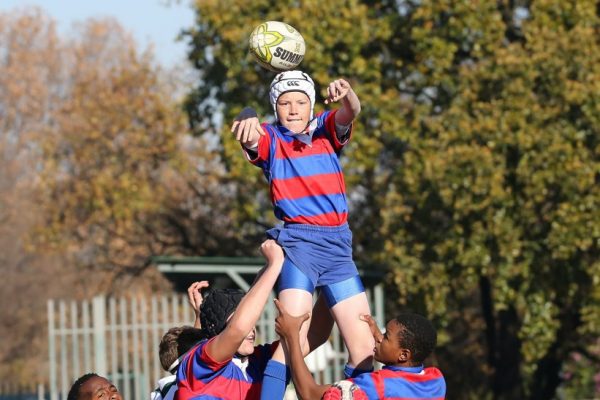
Concussion in children
Children while playing or during in the midst of activities might bump, blow or jolt to their head that causes both head and brain to move back and forth rapidly. This type of sudden movement can cause the brain to bound around or twist in the skull. Such accidents changes chemical reaction in brain and can damage brain cells. This reaction is called concussion which is type of traumatic brain injury (TBI).
Concussions may appear as small injury but the effects of concussion can be serious.
When your child hits or bumps head at home or at school keep an eye and watch closely on any symptoms mentioned below that might appear within next few hours.
- Loss of consciousness
- Cannot recall events before or after incident
- Appears confused or dazed
- Unusual behavior
- Clumsy movement
- Headache, pressure in the head and nausea
- Balance problem and dizziness
- Foggy and slowed down activity
- Sensitivity to noise and light
- Blurred vision
Danger symptoms – it can be physical, behavioral or cognitive impairment. If a child has pre-existing condition such as migraine, ADD, ADHD, visual disorders, mental health conditions concussion symptoms may be more severe or prolonged.
- Decreasing consciousness
- Increase in confusion
- Irritability and pain
- Numbness or tingling in extremities
- Unequal pupils
- Vomiting several times
- Inability to recognize familiar places and faces
- Seizures and low energy
- Inability to speak or slurred speech
- Worsening of headache
- Trouble controlling emotions – infants and toddlers won’t stop crying
If your child is suffering from one or more of these above-mentioned symptoms following blow to head or body, take child for evaluation. Contact pediatrician and get proper testing done for the child. A complete checkup of head and brain suggested to make sure no internal injury and to understand the impact of accident. The diagnosis needs certain specific answers for specific questions – Cause of injury, was there any loss of consciousness, where was hit, how hard, what symptoms and how long, any memory loss or any seizures?
Brain requires time to heal as the chemical changes gives more stress to brain. Concussion cannot be seen in CT scan or MRI. Concussion affects function of brain and not its structure. Doctors use information they gathered for diagnosis and to manage child’s concussion.
Inform school about child’s medical condition so that school is aware not to give strenuous activities to child. Many children in school experience concussion while they participate in sports. Sport concussions were commonly called bell ringer or ding and many players return to field on same day. However, it is suggested for children to take rest and watch the growing symptoms in case any.
In case you find child is having concussion then -,
- Don’t allow child to participate in vigorous activities as it increases the symptoms. If you child is athlete do not allow him/her to return to play on same day.
- Do not allow child to go on bicycle ride or play football or saucer
- Have child take complete rest. Close the curtains, blinds and turn off the lights.
- Let there be no loud noise or loud music playing.
- Limit child’s physical and cognitive activity to stop an increase in above mentioned symptoms
- Give good food and keep child hydrated. Allow small normal activities but nothing vigorous.
After recovery from concussion, make sure child does not get into fight, does not fall. Child must wear helmet while riding bicycle or when taking part in certain sports. For next several days or months no tough activities should be allowed. Go for follow up visits as your child’s doctor might recommend other cognitive testing to see improvement in symptoms. If you are not sure how to handle a child with concussion, or suspected concussion follow the instruction: “When in doubt, sit them out!”
For more information:
- https://www.cdc.gov/
- https://www.aans.org
- https://www.medicalnewstoday.com
Image credit: Photo by Patrick Case from Pexels (Free for commercial use)
Author: Sumana Rao | Posted on: March 15, 2019
« 14 apps that could put kids in danger How to handle peer pressure? »






















Write a comment